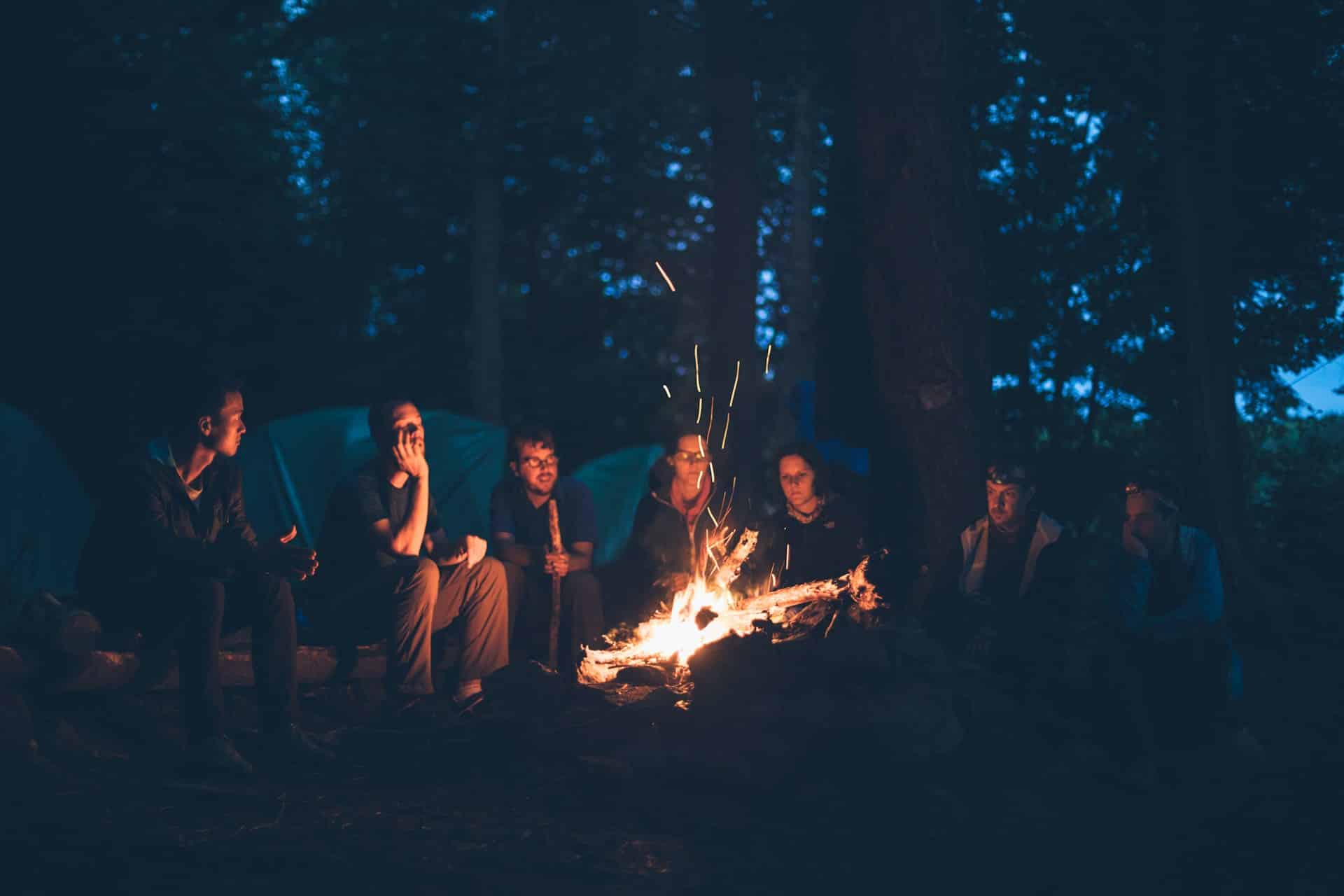There’s nothing quite like the thrill of camping. The feel of the wild under the open sky, the taste of a meal cooked over an open fire, the soothing lullaby of the lake’s water lapping against the shore as you drift off to sleep. But what happens when something goes wrong? When the path you were walking on suddenly isn’t familiar anymore? What do you do when you find yourself lost while camping in the Lake District?
Our article today will guide you through the best steps to take if you find yourself in such a predicament. As we delve into this crucial information, we hope that this will serve as a helpful resource for campers, ensuring you enjoy a great time, safely and confidently.
Sujet a lire : How do you find and book campsites that offer yoga and wellness retreats in the UK?
Stay Calm and Use your Head
The first step, and arguably the most important, is to stay calm. Panic can lead to rash decisions which could make the situation worse. Take a deep breath and remember that the Lake District is a popular camping area. Chances are, you’re not too far from the main camp or other campers.
Try to recall the last landmarks or signs you saw, or any unique features of the landscape. You might think back to a peculiar looking tree or a distinctive rock formation. This could help you trace your steps back to your camp. If night is falling, keep in mind that it is usually safer to wait until daylight before attempting to navigate unfamiliar terrain.
En parallèle : What are the best practices for campfire cooking in the UK's national parks?
Use the Tools You Have
Before leaving for your camping trip, it’s always a good idea to pack a few essential tools. A map and compass are old-school, but they are still some of the most reliable tools for navigation. A fully charged mobile phone and a power bank are also crucial as they can help you call for help or use GPS.
Assess what you have in your backpack. If you have a whistle, it’s a good time to use it. Three short blasts is a universal signal for ‘I need help’. If you have a mirror or a shiny object, you can use it to reflect the sun’s rays and create a signal that can be seen from a distance.
Follow the Water
The Lake District is renowned for its beautiful bodies of water. If you’re near a water body, it could be your ticket back to civilization. People have settled along water bodies for centuries. So, following a river or stream downstream could lead you to a populated area. Plus, water bodies are often marked on maps, so they could help you identify your current location.
Contact the Authorities
If you have mobile reception, it’s time to contact the authorities. Call the local district ranger’s office or emergency services. Be ready to describe the area around you, the last recognized landmark, the time you realized you were lost, and the number of people with you. If your phone’s battery is low, switch it off after making the call, to conserve the battery in case you need to make another call later.
Make Yourself Visible and Audible
Your primary objective is to make it as easy as possible for a search party to locate you. As such, making yourself noticeable is key. Bright clothing can make you more visible from a distance. If you have a tent or a tarp, it’s best to set it up in a clear area where it can be seen from a distance.
Create noise by shouting at regular intervals or using your whistle. Remember, three short blasts are universally recognized as a distress signal.
While the Lake District is an incredible place to camp, the wild nature of the park can sometimes pose challenges. However, having the right information and tools at your disposal can go a long way in ensuring you stay safe. Remember, the best way to prevent getting lost is by being well-prepared, staying on marked trails, and informing someone of your route before you head out.
Lake District Wild Camping: Tips and Tricks
For those seeking the ultimate immersion in nature, wild camping in the Lake District offers a truly unique experience. Remember, everyone who enters the national park has a responsibility to “leave no trace” and respect the landscape. To that end, it’s essential to be well-equipped for your wild camping adventure.
Firstly, ensure you have a high-quality sleeping bag. The weather in the Lake District can be unpredictable, and a good sleeping bag can make the difference between a comfortable night’s sleep and a long, chilly night.
Next, consider bringing a bivvy bag. These compact sleeping bags are waterproof and are an excellent choice for stealth camping, where you want to keep your presence as inconspicuous as possible.
As mentioned earlier, a map and compass are invaluable tools for navigating the vast terrain of the Lake District. Even seasoned wild campers can become disoriented in new surroundings, so take the time to familiarise yourself with the area before you set out.
Keep in mind that certain areas, such as Loughrigg Fell and High Street, are particularly popular with wild campers. If you’re new to wild camping, starting out in a well-known area can be a good idea.
If you plan on camping wild during the peak of summer, remember that this time of year is popular with other campers. To avoid crowded spots, consider venturing further from car parks and major trails.
Lastly, stay connected. Follow local Lake District wild camping groups on Facebook and Twitter for up-to-date information on camping conditions, tips and tricks from experienced campers, and to connect with a community of like-minded individuals.
Dog-friendly Lake District Wild Camping and Food and Drink Tips
A camping trip in the Lake Districts can be a fantastic experience for your four-legged friend. However, remember that not all areas are dog-friendly, so it’s crucial to research ahead of time. Ensure your dog is well-behaved and can respond to commands since you’ll likely encounter wildlife and other wild campers on your trip.
When it comes to food and drink, the cardinal rule is to pack in and pack out. This means whatever you bring in, you also take out. Leaving food scraps or litter behind is not only disrespectful to the environment and other campers but can also attract wildlife to your camp.
Ensure you carry plenty of water and lightweight, nutrient-dense foods. You can source water from clean streams, but remember to bring purification tablets or a water filter to ensure it’s safe to drink.
Conclusion: Embracing the Wild Camping Experience in the Lake District
In conclusion, getting lost while camping in the Lake District can be a daunting experience, but being well-prepared and knowing what to do can make all the difference. The wild beauty of the national park is an enriching backdrop for a camping trip that offers a unique opportunity to connect with nature.
Whether you’re a seasoned wild camper or planning your first trip, remember the importance of preparation and observing the “leave no trace” principle. Always inform someone of your route and estimated return time.
And most importantly, enjoy the experience. From the gentle lapping of the lake against the shore as you sleep in your bivvy bag, to the thrill of navigating your way through the wild with only a map and compass, wild camping in the Lake District is sure to be an adventure you’ll never forget.






